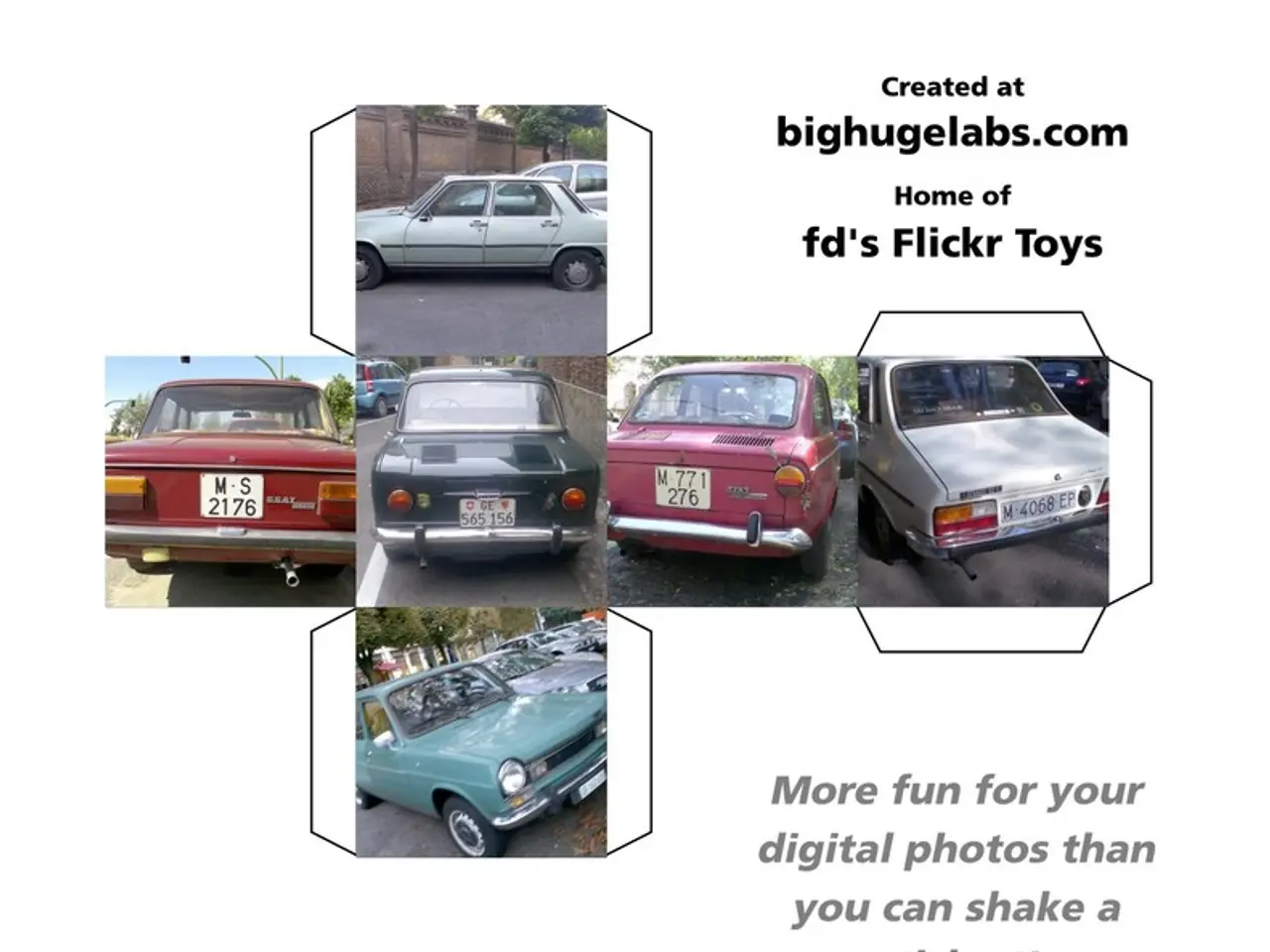Cybersecurity Concerns in the Car Industry Increasing due to Escalating Geopolitical and Regulatory Demands
In the rapidly evolving world of automotive technology, cybersecurity has become a paramount concern for automakers. Oliver Creighton, Principal Expert for Security Architecture at BMW Group, underscores this importance, stating that the trustworthiness and longevity of modern vehicles will be defined by their security.
As vehicles become increasingly autonomous, connected, and intelligent, the demand on security will continue to rise. Creighton emphasizes the need for open standards to avoid vendor lock-in, especially in light of shifting geopolitical and regulatory landscapes. This approach is shared by companies, industry associations like the German Association of the Automotive Industry (VDA), and European initiatives, who are working towards open standards, software-defined vehicle platforms, and end-to-end encryption.
BMW has adopted a modular 'four-brain' architecture built around zonal controllers to manage complexity and secure the vehicle's digital backbone. This strategy for addressing cybersecurity includes secure boot, certificate-based communications, runtime protections, ongoing lifecycle monitoring, and full traceability for each software component. The company secures backbone traffic by default, reducing both risk and engineering overhead.
Modern vehicles are built from hundreds of components, many of which contain software and network interfaces sourced from a global supply chain. This global network presents potential points of vulnerability. Public perceptions of digital risks are increasingly important, with trust quickly undermined by real or perceived vulnerabilities concerning data privacy or insecure systems.
Creighton highlights that the trustworthiness and longevity of modern vehicles will be defined by their security. Heightened cybersecurity requirements are driven by UNECE WP.29 regulations and broader national concerns around the security of digital infrastructure. Auditors want to see how architecture works, how software is developed, and whether there's been an independent review.
BMW is supporting open protocols like MACsec, a Layer 2 security standard that encrypts and authenticates traffic at the physical wire level. The shift in consumer and manufacturer values places a greater emphasis on security as digital features become central to the driving experience.
Cybersecurity is no longer merely a technical concern; it is a company-wide, global strategic issue. Automakers must be prepared to show, not just claim, that their systems are secure and resilient. Saying 'we trust this one vendor' is no longer sufficient in today's regulatory environment. As we move towards a future where vehicles are software-defined, connected, and rely on complex sensor architectures, cybersecurity will remain a core design consideration.








